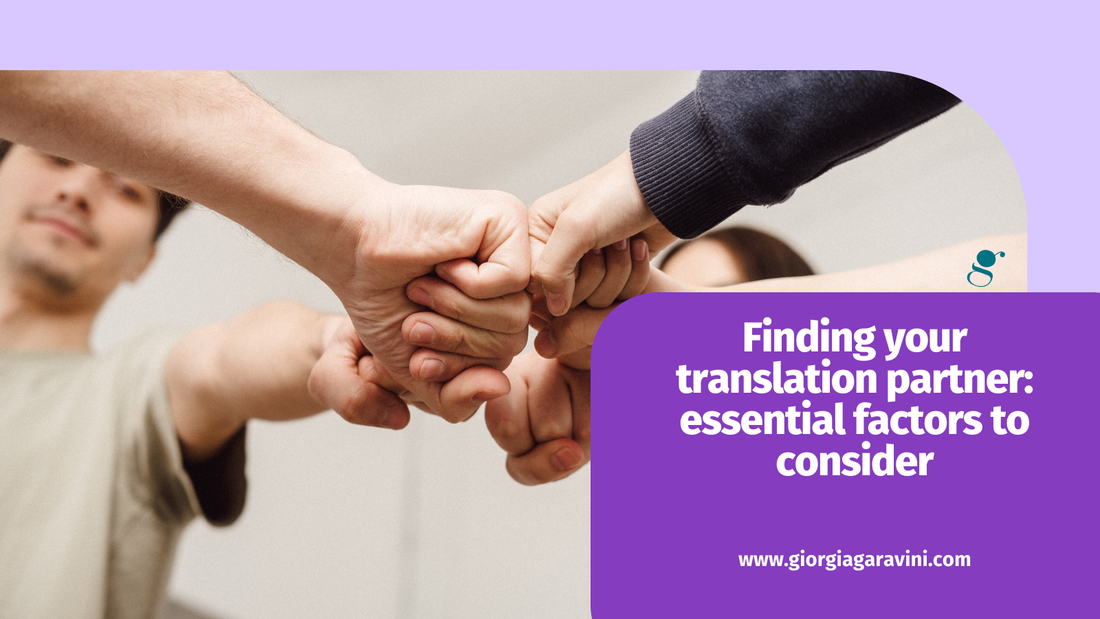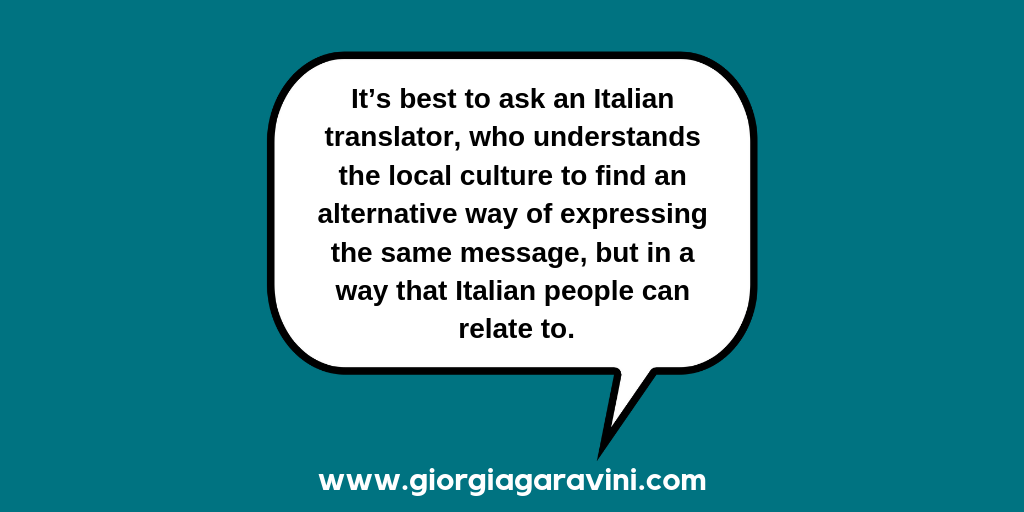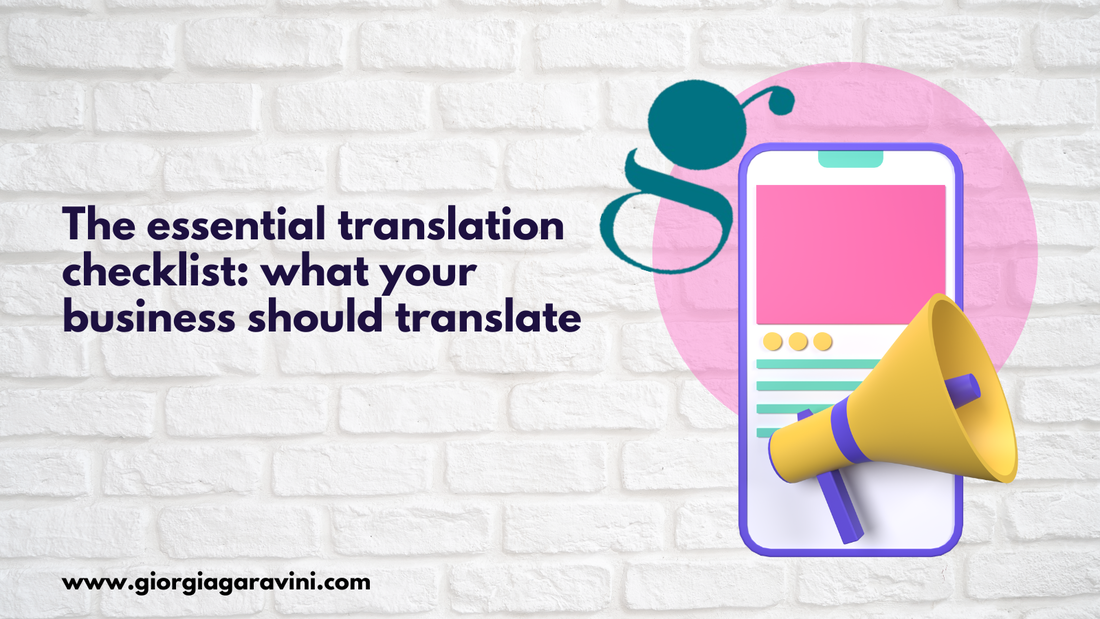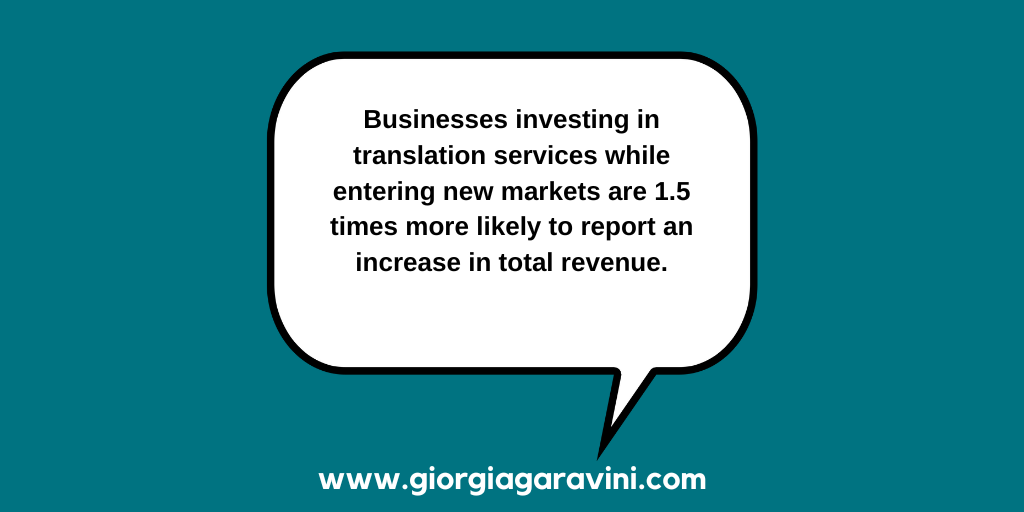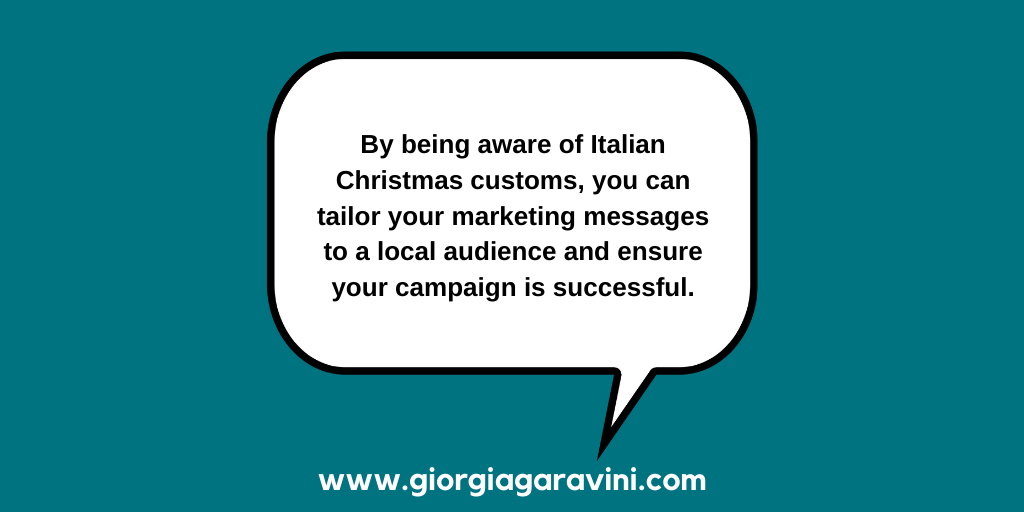When you need a marriage certificate translation, it is important to understand the process and the challenges involved. Whether you require this translation for legal, personal, or administrative reasons, ensuring accuracy and professionalism is essential. This article provides a comprehensive guide on how to get a certified translation of a marriage certificate from English to Italian and Italian to English, and highlights common translation challenges.
How to get a marriage certificate translation
Understanding the need for a marriage certificate translation
Marriage certificates are essential documents that serve as legal proof of marriage. They are often required for various purposes, including visa applications, citizenship processes, legal matters, and personal records. When dealing with international authorities, a certified translation of a marriage certificate is often necessary to ensure the document's validity and acceptance.
What is a certified translation of a marriage certificate?
A certified translation is a translation that includes a signed statement from the translator attesting to the accuracy and completeness of the translation. This certification ensures that the translated document is a true and accurate representation of the original. For a marriage certificate translation from English to Italian, for example, the certification process involves a thorough review to ensure all details are correctly translated and formatted according to Italian standards. The translation will bear a seal from ITI (Institute of Translation and Interpreting) on the first page and the translator’s signature on every subsequent page.
How to get a certified translation of a marriage certificate?
- Find a reputable translation service: The first step is to find a reliable and professional translation service. Look for translators with experience in translating official documents and specifically marriage certificates. Verify their credentials and read reviews to ensure their reliability.
- Provide a clear copy of the original document: Ensure that you provide a clear and legible copy of your marriage certificate. Any obscured or unclear parts can lead to inaccuracies in the translation. A high-quality scan is recommended.
- Specify the language and certification requirements: Clearly specify that you need the document translated from English to Italian, for instance, and that a certified translation is required. This information ensures the translator knows the exact requirements and standards to meet.
- Receive and review the translation: Once the translation is complete, review the translated document carefully. Check for any errors or omissions and ensure all details match the original document. If necessary, request revisions from the translator to correct any issues.
- Obtain the certification: After reviewing and approving the translation, the final step is to ensure you have the certification. The translator will provide a signed statement certifying the accuracy of the translation. Ensure this certification is included with the translated document.
Common translation challenges
- Acronyms: Marriage certificates may contain acronyms that are specific to certain institutions or legal terms. For instance, acronyms like 'S.R./ R.B.D.& M' need careful translation. The translator must understand the context and find the appropriate Italian equivalents or explanations to ensure clarity and accuracy.
- Handwritten parts: Handwritten sections, such as signatures, dates, and personal notes, can be challenging to decipher and translate accurately. A professional translator must carefully interpret these handwritten parts to ensure they are correctly translated. Sometimes, in older documents, all the data is written by hand. The translator must ask queries to you in case the handwriting poses any doubts for a correct interpretation.
- Verification of details: Details such as names, addresses, and dates must be meticulously verified. Even minor errors in these details can lead to legal complications. Professions listed on older documents, dating back to the early 1900s, can be particularly difficult as they may no longer exist. In other cases, the term is isolated, causing ambiguity in translation. Again, a professional translator should ask you queries in order to clarify any doubts.
- Formatting and layout: The format and layout of the translated document must match the original. This includes the indication of seals, signatures, and any other official marks. Proper formatting ensures that the translated document is accepted by authorities.
- Religious terminology: Understanding the religious context of the source text is crucial. For instance, marriage certificates can include terms belonging to specific religions that need to be conveyed correctly. The translator must be aware of these differences to provide an accurate translation.
Importance of professional translation services
Using professional translation services is crucial for obtaining a high-quality and certified translation of your marriage certificate. Professional translators have the expertise to handle the complexities of legal documents and ensure that every detail is accurately translated. They are also familiar with the certification process and can provide the necessary documentation to attest to the translation's accuracy.
Conclusion
Getting a marriage certificate translation from Italian to English or vice versa involves several steps, from finding a reputable translation service to ensuring the accuracy and certification of the translated document. By understanding the challenges and following the outlined process, you can obtain a certified translation of your marriage certificate that meets all legal and administrative requirements. Always opt for professional services to ensure the highest quality and reliability of your translated documents.
How I can assist you
As a certified Italian translator, I bring extensive experience in translating official documents. I guarantee that your marriage certificate translation from English to Italian or from Italian to English will be accurate, certified, and compliant with all legal requirements. When you choose my translation services, you can trust that your marriage certificate will be translated with precision and professionalism, ensuring acceptance by authorities without any issues. I hold ISO certification and am a qualified member of the Institute of Translation and Interpreting (MITI), a qualification often required by official bodies for document acceptance. Finally, I am dedicated to offer you high-quality translations and an exceptional customer service to ensure a smooth and stress-free process.
Contact me today for a free quote!
Contact me today for a free quote!













